Merry Christmas! Happy Holidays! The Write Practice will be on hiatus from December 23 through the 28.
In the meantime, here’s a Christmas writing prompt to give you some creative inspiration over the holidays.
At The Write Practice, we publish a new article each day designed to help writers tackle one part of their writing journey, from generating ideas to grammar to writing and publishing your first book. Each article has a short practice exercise at the end to help you immediately put your learning to use.
Check out the latest articles below or find ones that match your interest in the sidebar.
And make sure to subscribe to get a weekly digest of our latest posts, along with our free guide, 10 Steps to Become a Writer.

Merry Christmas! Happy Holidays! The Write Practice will be on hiatus from December 23 through the 28.
In the meantime, here’s a Christmas writing prompt to give you some creative inspiration over the holidays.
It’s the end of another long year, and so I’m curious. What did you accomplish this year in your writing? Did you reach any major goals or milestones? Did you publish anything? Did you write something you loved?
In these last few days of 2023, before we set our goals for next year, let’s take a second to sit in what we accomplished over the last year.

If you’ve ever typed out a word only to hit delete and try it another way, you’ve likely been worried about making a spelling mistake. Take engrained vs. ingrained, what’s the difference? Is only one correct? Let’s take a look.
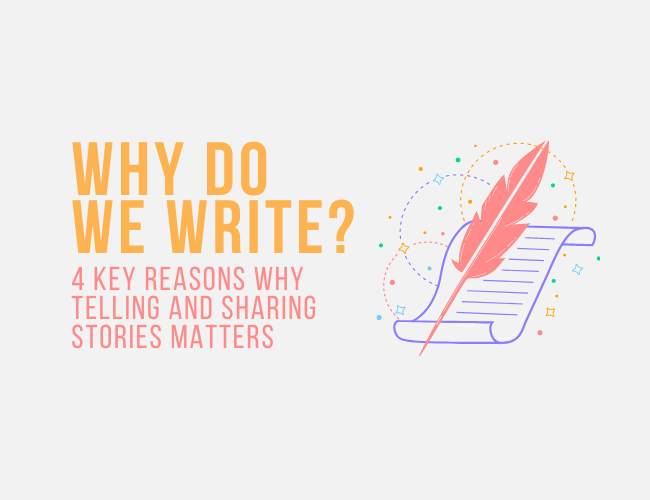
Why do we write? Non-fiction and fiction writing has been an instrumental way for people to connect to one another in the real world.
Stories are about change, and by reading and watching them we, ourselves, can change for the better.
But do people write for different reasons, and are some of those reasons more meaningful than others?
Are you sitting at your computer right now, possibly plunging through your first draft (or much later draft), and debating whether or not a writing career is the one for you?
Do you wonder if the written word is how you’ll make your mark on the world—and if it is, is a writing career what you want in life?
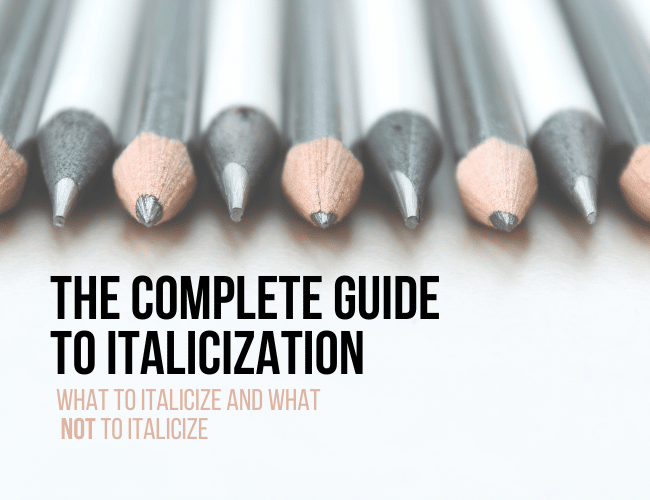
Italics are used to distinguish certain text from the rest for emphasis or sometimes contrast. As with all grammar and formatting conventions, italics should be used to make a message clearer to the audience. Let’s look at a complete guide of when to use italics.
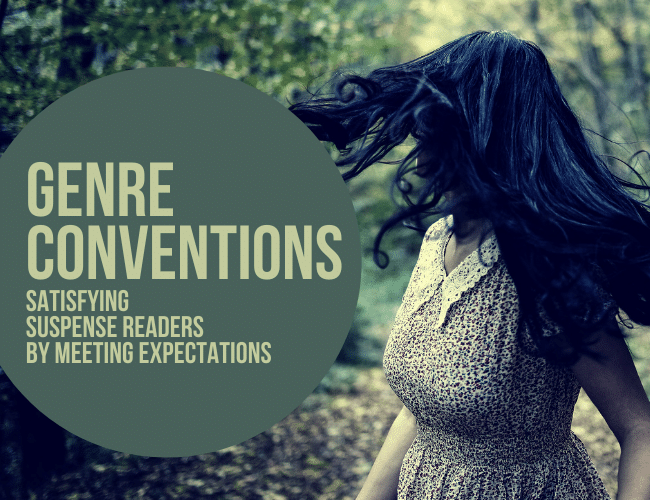
When you sit down with a book, are you hoping for a particular type of story experience? This is a common desire, since readers—know it or not—are drawn towards specific genres and genre conventions.
From a writer’s perspective, knowing these genre “flavors” and how to create them to satisfy reader expectations is key to writing stories that will keep readers coming back.
In addition, understanding the genre conventions and obligatory scenes helps you push yourself farther and reach higher to innovate and twist what’s been done before, astonishing readers…and even yourself!

Are you wondering what Dan Brown’s MasterClass is like and if signing up would be a good move for you? Do you want to learn how to craft a thriller that works or add suspense to your writing? I recently had the opportunity to take a MasterClass from the man who wrote one of the world’s best-selling novels, The Da Vinci Code, and I’m here to share my thoughts about the experience and give you a peek into what I learned.
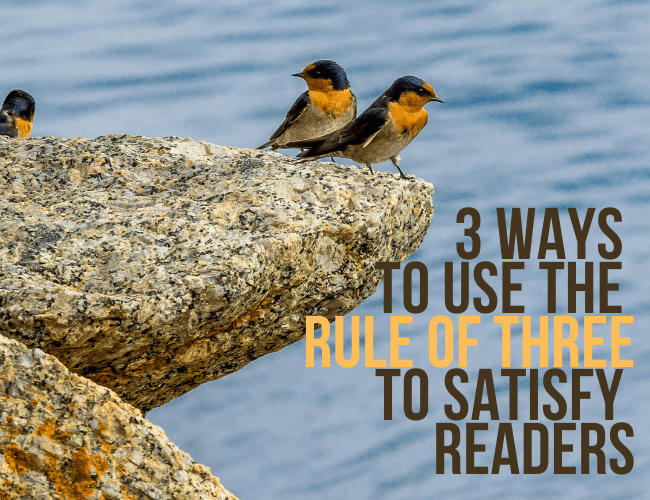
As writers, we want to capture our readers’ attention, rivet them to the page, and leave them clamoring for more. We want to create something that moves people, deepens their understanding, and keeps them thinking about our story long after they’ve devoured the last word.
You may have noticed how I used sets of three in my opening paragraph, and if you didn’t consciously register it, your subconscious mind certainly did. Using the Rule of Three in your writing is one way to meet reader expectations and engage reader interest.
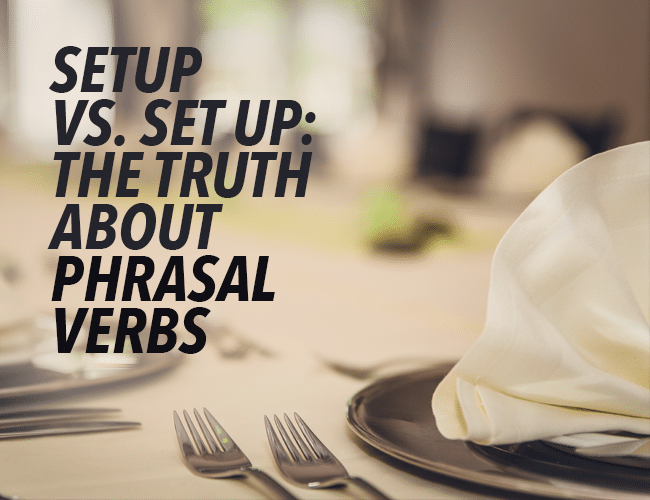
Words in English are tricky things. They merge and morph, even little changes adding layers of new meaning. Don’t believe me? Here’s an area I see lots of people getting tripped up: setup vs. set up. Is it one word or two? And does it even matter?
Actually, it’s both, and yes, it does matter. Let’s take a look at why, shall we?

Writers across the globe spent a frenzied month neglecting their laundry, sneaking writing time at lunch, and compulsively checking their word counts. Whether you won, lost, or didn’t participate at all, here’s what NOT to do the day after NaNoWriMo ends.